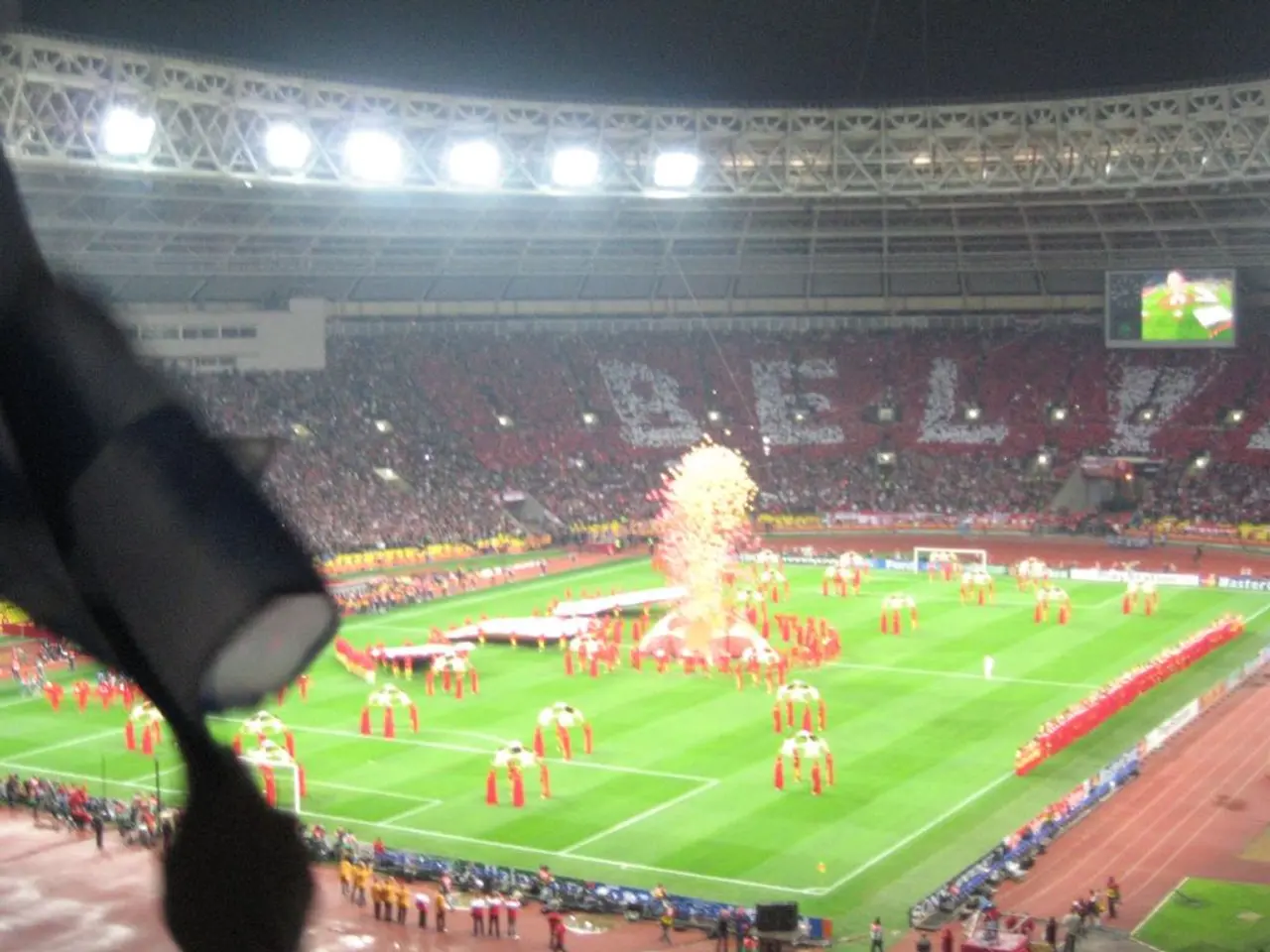Activists taking a stand in unison against the environmental impact of the games in Germany
In a series of statements, the state associations of the German environmental organisation BUND have criticised the environmental and social risks associated with the Hamburg Olympic concept, and expressed doubts about the sustainability of the Olympic plans for the Rhine and Ruhr region.
The key concerns revolve around the scale, environmental impact, and long-term viability of infrastructure development for such large-scale events.
Environmental Impact of New Construction and Urban Development
Hosting the Olympics traditionally requires building or upgrading numerous sports venues, transportation networks, and accommodations. This can lead to significant disruption of local ecosystems, green spaces, and increased carbon emissions. Environmentalists worry about irreversible environmental degradation if these developments are not properly planned or if they prioritise short-term gains over long-term ecological balance.
Sustainability of Infrastructure
A core worry is whether the host cities and regions can ensure that the infrastructure built for the Games will be sustainable and useful beyond the Olympic period. The fear is that white elephant venues may result, which are costly and underused after the Games.
Use of Existing vs. New Venues
Cities like Doha emphasise that 80-95% of venues already exist, reducing new construction. German candidates each propose leveraging multi-city or regional models, which could reduce concentrated environmental stress but raise coordination challenges. Environmentalists often scrutinise whether these plans truly reduce environmental footprints or merely shift impacts across wider areas.
Transparency and Public Consent
Environmentalists and parts of the public demand full transparency about planning processes and environmental assessments. Germany plans public referenda to ensure citizen involvement, but some criticise the bidding system as "incomprehensible" and non-transparent, which hinders informed public debate on sustainability matters.
Climate and Energy Concerns
Given the global emphasis on climate action, there is concern about the carbon footprint of the Games, including the energy use for venues, transportation of visitors, and international flights. Ensuring reliance on renewable energy and carbon neutrality is a key sustainability expectation.
While the official Olympic bids and German cooperation among candidate regions aim to present feasibility studies and sustainable concepts by late 2025, detailed environmental critiques often highlight that these games historically demand trade-offs that are not always fully addressed in high-level plans.
The BUND state associations in Berlin, Hamburg, and Bavaria have expressed concerns about the potential negative consequences for climate protection due to austerity measures that might result from an Olympic bid. If a German bid for the Olympic or Paralympic Games were to succeed internationally, the consequences for humans and nature, for climate, urban development, housing market, traffic, and other areas would largely be negative, according to the BUND state associations of Berlin, Hamburg, Bavaria, and North Rhine-Westphalia.
All Olympic bidders in Germany have promoted their respective concept as particularly environmentally friendly and economically viable. However, the sustainability concepts of all four candidates for hosting the Olympic Games in Germany have been ruled insufficient by the BUND state associations.
References:
- Environmental Concerns Over German Olympic Bids
- BUND Criticises German Olympic Bids
- Olympic Games and Sustainability
- The concerns expressed by the BUND state associations, regarding the Hamburg Olympic concept, revolve around the potential environmental consequences of new construction and urban development, specifically the impact on local ecosystems, green spaces, and increased carbon emissions.
- A core debate surrounding the sustainability of the Olympic plans for the Rhine and Ruhr region centers around the long-term viability of infrastructure - whether the host cities can ensure that the stadiums and other facilities built for the Games will be sustainable and useful beyond the Olympic period, to prevent the emergence of white elephant venues.








